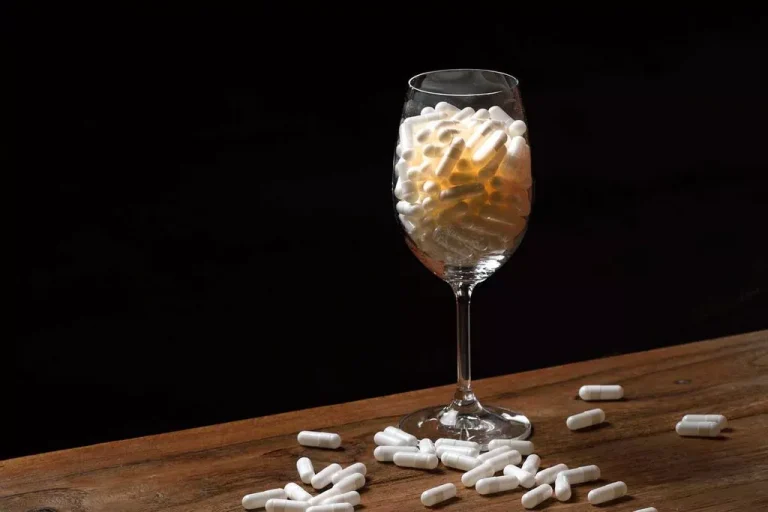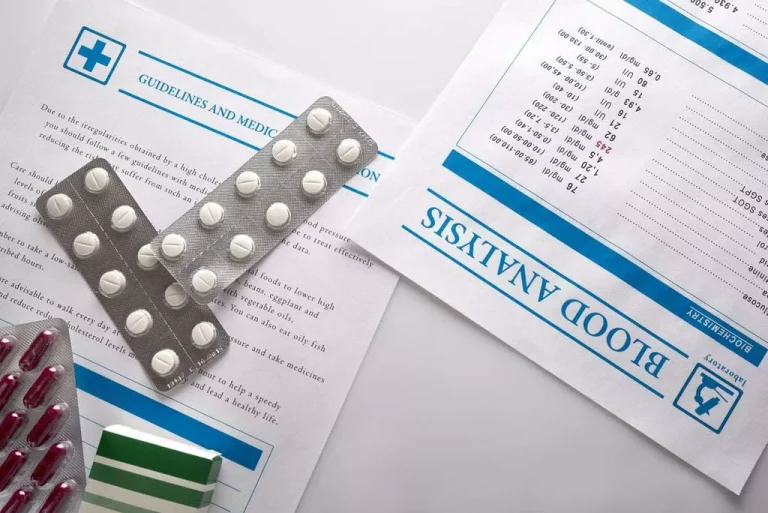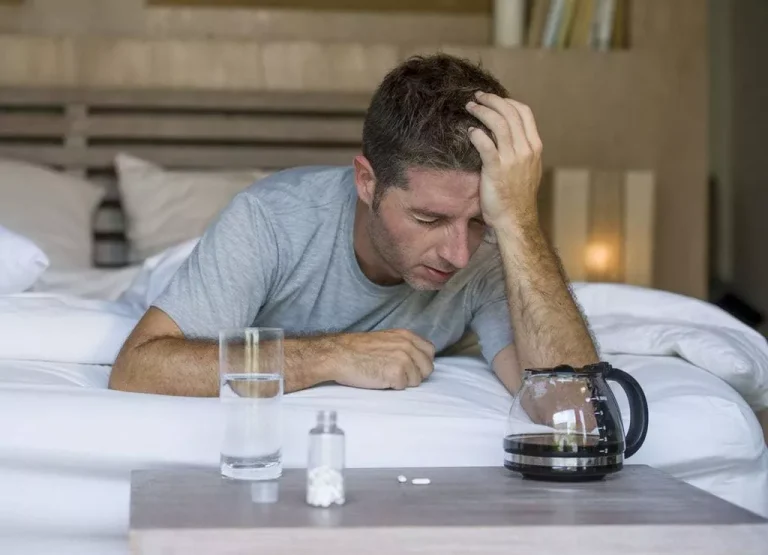Blood thinners and alcohol: A dangerous combination

Blood thinners are medicines that reduce the body’s ability to form blood clots. They are meant to shield users from potentially dangerous thrombus. The thinners are a double-edged sword since they carry the danger of bleeding that is hard to control despite helping people. People who use blood thinners and alcohol should be honest with their doctors about how much alcohol they consume and should consult with them before drinking if they have any plans to do so.
What are blood thinners?
It is crucial to comprehend what blood thinners are, how they work in the heart, and how the body responds to treatment. Blood thinners come in three different varieties:
- Anticoagulants — drugs that stop blood clotting.
- Antiplatelet medications prevent platelets from gathering and adhering to one another.
- Drugs known as fibrinolytic dissolve existing blood clots by degrading fibrin.
To avoid blood clots in individuals who are either at high risk of developing blood clots or who already have blood clots that might have life-threatening implications, antiplatelet medications and anticoagulants are regularly taken in tablet form. Fibrinolytics are potent blood clot-busting medications only administered once in medical facilities to dissolve a potentially fatal blood clot.
Blood thinners are intended to prevent the body’s already-present blood clots from growing, which might lead to significant issues. Additionally, they facilitate the clot’s disintegration and prevent them from spreading to other parts of the body. Deep vein thrombosis (DVT), a blood clot in the veins of the legs, is the most typical instance of the usage of blood thinners. DVT can fragment and migrate from the heart to the lungs without treatment, posing a life-threatening risk.


Take back control of your life and start on the road to recovery now.
Does alcohol thin the blood?
The use of ethanol has the usual risk of significant consequences. Ethanol destroys the liver and has several harmful effects on numerous bodily systems. It has a large capacity to create clotting factors. Clotting elements for homeostasis maintains the equilibrium of the body’s many physiological processes to sustain everyday activities. The body cannot repair the microtrauma it feeds while clotting factors are present. Internal blood vessels bleed when the liver is sufficiently damaged, leading to severe hemorrhaging and shock.
Alcohol consumption may have anti-clotting effects:
- Alcohol abuse results in alcoholic thrombocytopenia, a dangerous drop in platelet count in the area of emphasis.
- A disruption of the platelet’s aggregation function caused by alcohol results in thrombocytopathy, which causes clots to develop.
- Excessive alcohol intake might result in alcoholic fibrinolysis, which is the breakdown of fibrins.
Anticoagulants that are prescribed have proper medical doses and administration procedures. A monitoring indicator that strikes a balance between blood clotting and blood loss. Since there would be no way to utilize and regulate it, changing the medication would disturb this reaction.
Does mixing blood thinners and alcohol affect health?
Blood thinners and alcohol drinking are not a great danger to an average person. Anticoagulants and occasional alcohol intake work together. However, heavy drinkers risk developing life-threatening issues, including severe bleeding and death, when mixing alcohol and blood thinners.
Anticoagulants may produce severe blood thinning with substantial liquor doses due to a synergistic effect. Drinking alcohol in moderation thins the blood. Medical experts do not, however, advise drinking to thin the blood.
Regular drinking may cause the blood to become overly thin, which will cause gums, minor wounds, and cuts to flow profusely. Elderly adults are more prone to bleeding injuries. These people are quickly fatalized by excessive blood thinners and alcohol usage, and severe plasma loss.
Risks of concomitant consumption
People who regularly use blood thinners and alcohol together run the risk of suffering a heart attack or stroke. Alcohol is a drug, even though many individuals are unaware of this. It may interfere with other medications a person is taking, much like other medications. It may have an impact on the mechanism.
Generally, taking a moderate amount of ethanol is safe. It is because occasional exposure to low levels of ethanol does not damage the body. However, because blood thinners and alcohol have the same blood-clotting action, those who regularly consume alcohol or drink heavily are more likely to experience difficulties.
Their combined usage has a synergistic impact on preventing the blood coagulation process. Without effective blood clotting systems, the body may be more prone to uncontrolled bleeding. In general, it’s not the best idea to combine blood thinners and alcohol. It is dangerous for alcoholics to take such drugs because they can lead to death.

When to see a doctor
People can get advice from doctors and pharmacists on whether they should restrict or stop mixing blood thinners and alcohol. Avoiding exceeding the allowed daily alcohol intake is the safest method to prevent issues. Some people might initially abide by these recommendations but may feel inclined to drink more with time. It might make bleeding more likely.
Alcohol can cause bleeding if it prevents the blood from thinning or if it prevents the body from forming a clot. People who experience any of the following side effects should get immediate medical help:
- Heavier menstrual bleeding than usual
- Brown or bright red vomit
- Red cough mucus
- Severe pain
- Tarry or red stools
- Bleeding gums or nosebleeds that won’t stop
If any of these symptoms appear, the patient should be taken urgently to the emergency department of the closest hospital. These indications are frequently undetectable and inconspicuous. Internal bleeding may exist without a person being aware of it. As a result, to avoid potentially hazardous blood thinners and alcohol side effects, individuals taking both medications concurrently should closely watch these indicators. It is better to seek the advice of a sober house to break the cycle of taking blood thinners and drinking alcohol. Alcoholism patients will be able to receive the most excellent all-encompassing care here.

This can be a difficult journey, but you don’t have to go it alone. Let us be your guide and provide you the environment needed to regain control of your life and begin the path to recovery.
Why choose Eco Sober Houses
Anticoagulant-prescribed alcohol addicts should seek out treatment options, because blood thinners and alcohol together create a risk group. Professional care will assist in lowering the possibility of suffering from significant health issues. Boston’s Eco Sober Houses are transitional houses that help numerous people with similar problems. At Eco Sober Houses, the dedicated support and guidance provided significantly contribute to lifelong sobriety for individuals. The physical, spiritual, emotional, and mental aspects of rehabilitation are all given equal weight in this holistic approach.
This facility provides trusted and effective programs that promote growth, healing advice, and a secure setting that supports a particular healing and support system. You can maintain sobriety by residing in several treatment facilities. Specialists’ primary duty is to assist:
- Recognize your harmful behaviors
- Create motivation and objectives
- Decide to restore voluntarily
- Renew socialization skills
The professionals’ expertise, attentiveness, regime, discipline and appropriate circumstances guarantee the remarkable effectiveness of the rehabilitation procedure. Individual program conditions apply. You can call the hotline for assistance and receive discreet guidance. The center’s experts can help you begin a sober life.




